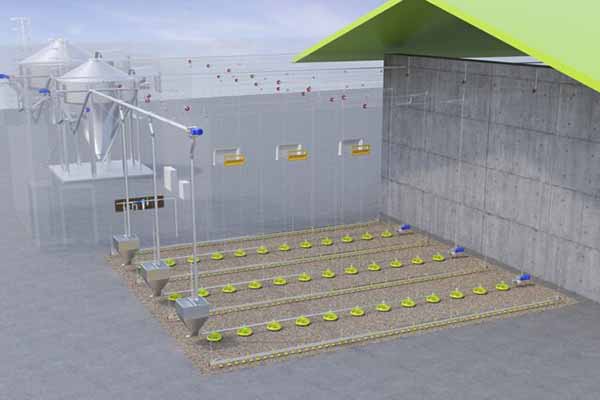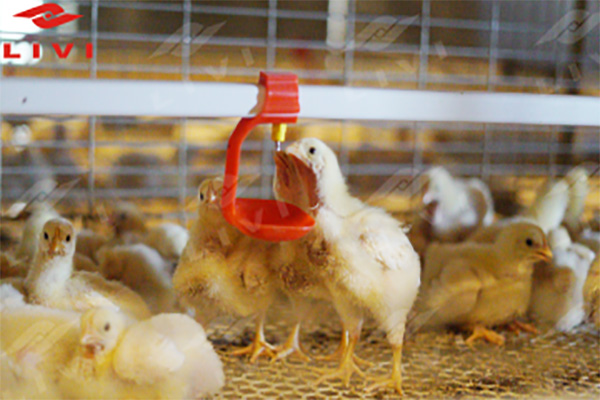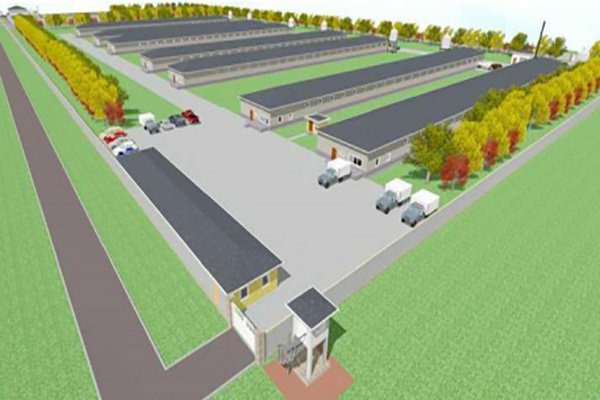
In the modern large-scale layer farming industry, optimizing the biological environment through advanced temperature control systems is crucial for enhancing egg production rates and chick survival rates. This article delves into how large layer farms can achieve these goals while also meeting international environmental standards.
The automated manure cleaning system is a cornerstone of modern layer farming. Its working principle is based on a series of mechanical and chemical processes. The system can separate solid and liquid manure effectively. According to industry data, this separation can achieve a dry matter content of up to 30% in the solid manure, which is ideal for subsequent composting or other resource - utilization methods.
The liquid part, on the other hand, can be treated through a series of biochemical processes to remove harmful substances. This not only reduces environmental pollution but also turns manure into a valuable resource. For example, the solid manure can be used as organic fertilizer, while the treated liquid can be used for irrigation in some cases.

Ventilation design and temperature control are key factors in maintaining a healthy environment for laying hens. High ammonia concentrations can cause respiratory problems in hens, reducing their egg - laying performance and overall health. Through proper ventilation design, the ammonia concentration can be effectively controlled. Research shows that by maintaining the ammonia concentration below 20 ppm, the egg production rate can be increased by approximately 5 - 10%.
Temperature control is equally important. Laying hens are most productive when the temperature is maintained between 18 - 23°C. Advanced temperature control systems can adjust the temperature in real - time according to the external environment and the number of hens in the coop. This not only improves the egg production rate but also reduces the mortality rate of chicks.

Meeting ISO14001 standards is an important step for large layer farms to enhance their market competitiveness. By following the ISO14001 framework, farms can establish a comprehensive environmental management system. This includes setting up environmental goals, implementing environmental protection measures, and regularly monitoring and evaluating environmental performance.
For example, a layer farm in the United States achieved ISO14001 certification through a series of measures such as improving manure management, optimizing ventilation, and reducing energy consumption. After obtaining the certification, the farm's market share increased by 15% within a year, and the price of its eggs also had a certain premium in the market.

In conclusion, large layer farms can significantly improve their egg production rates and overall competitiveness by adopting advanced temperature control systems, automated manure cleaning systems, and building a green breeding process that meets ISO14001 standards. If you are a large layer farm manager or an industry professional looking to upgrade your farming technology and comply with environmental policies, click here to learn more about our comprehensive solutions.

